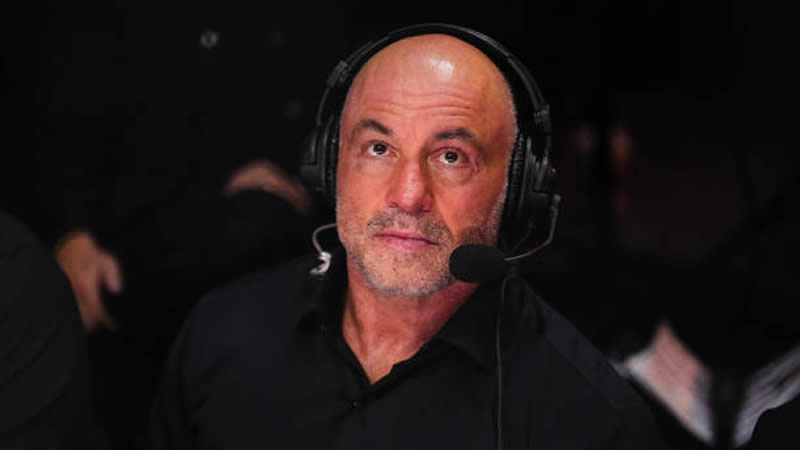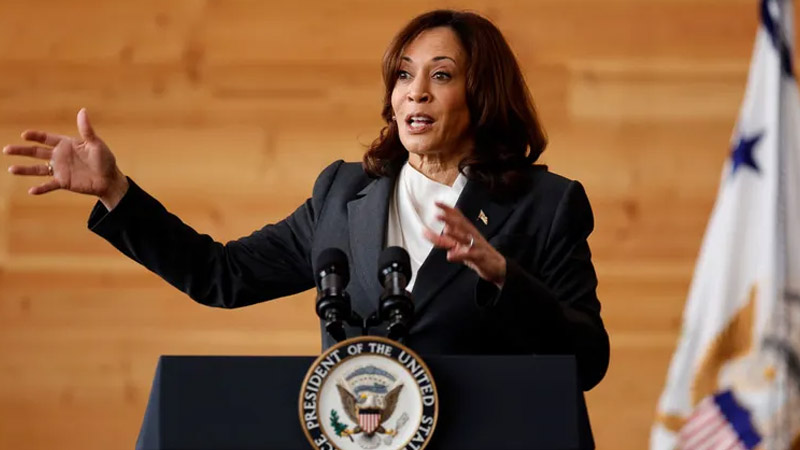Fox News host Howard Kurtz reported that Vice President Kamala Harris expressed interest in an interview with popular podcaster Joe Rogan, but Rogan declined, opting instead to host former President Donald Trump for a three-hour conversation. This development was discussed during a Sunday panel on Fox News, where pundits debated the impact of Rogan’s platform on Trump’s campaign.
During the discussion, right-wing commentator Caroline Downey argued that Trump’s appearance on Rogan’s show “humanized” him and provided a boost to his campaign. “And that’s the net benefit to his campaign because, with every TV hit that Kamala Harris does, she comes off more bitter, more angry, and more jaded, whereas Trump comes off as a normal guy,” Downey opined.
She criticized Harris for primarily sticking to traditional media outlets, despite claiming to appeal to younger voters. “So, you know, Kamala Harris claims she’s trying to cater to the younger generation, but she’s sticking to legacy media interviews for the most part, and she refused to go on Rogan,” Downey added.

Kurtz, however, pushed back against Downey’s assertion. “Well, no, I don’t think that’s true,” he responded. “I think she wanted to go on Joe Rogan, and I don’t think Rogan wanted her.” Kurtz’s remark suggested that it was not Harris who avoided the opportunity, but rather Rogan who declined to host the vice president.
Kurtz also acknowledged Rogan’s sympathetic stance toward Trump during the interview. “You heard him dismiss the media as a bunch of left-wing Democrats,” Kurtz noted, highlighting Rogan’s criticisms of mainstream news outlets and his favorable approach toward the former president.
The segment shed light on the strategic media approaches of both Trump and Harris as they navigate public appearances and campaign messaging. Rogan’s refusal to interview Harris, contrasted with his extensive conversation with Trump, suggests a preference that could impact how each is perceived among Rogan’s predominantly young, male audience—a demographic both sides aim to engage.
Kurtz’s analysis underscored the complex media landscape in which political figures operate. Harris’s continued reliance on traditional media, despite her efforts to appeal to younger voters, may not be as effective as Trump’s approach, which includes aligning with popular alternative media voices like Rogan.
The debate highlights the challenges Harris faces in connecting with wider, younger audiences, as the choice of platforms can significantly influence how politicians are perceived. In contrast, Trump’s strategy of using Rogan’s platform offers him a way to portray himself as relatable and accessible, reinforcing his image as an “outsider” in traditional politics.
As both campaigns move forward, the competition to appeal to younger voters through various media outlets will be crucial. Whether Harris will attempt to bridge the gap by diversifying her media appearances, or if Trump will continue to dominate alternative platforms like Rogan’s podcast, remains to be seen.

